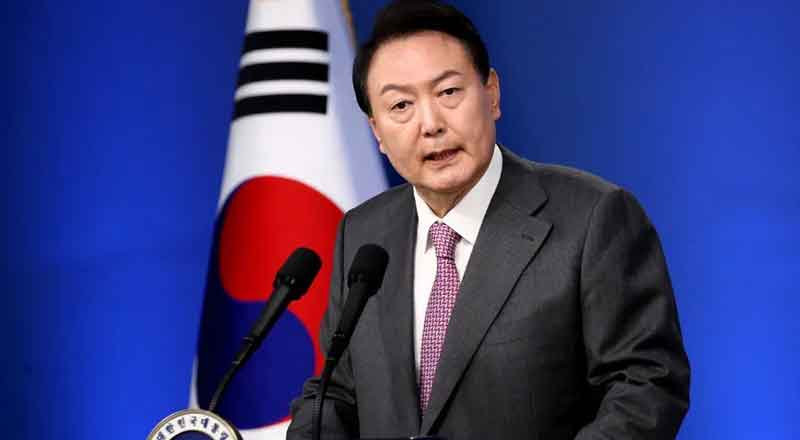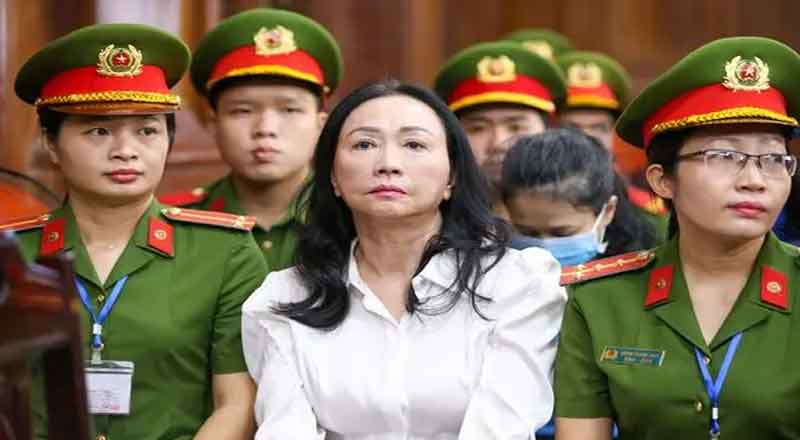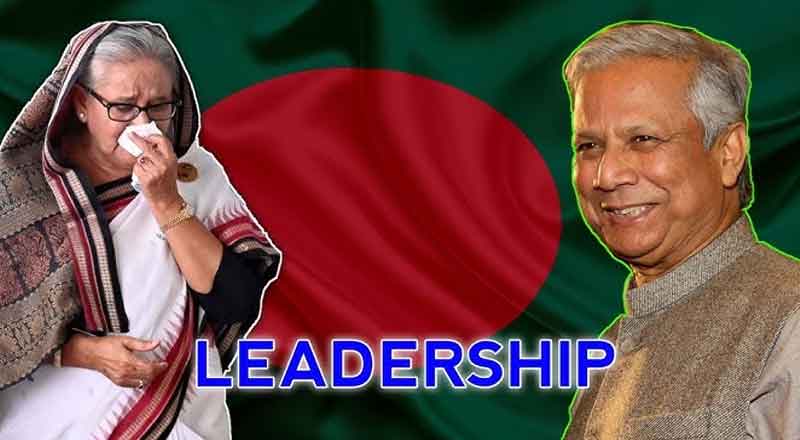A Nation Plunged into Chaos
On December 3, South Korea witnessed an unprecedented political drama when President Yoon Suk Yeol declared martial law, accusing opposition forces of anti-state activities and threatening democracy. The move, shocking in its audacity, was swiftly met with widespread protests, culminating in a dramatic reversal by Yoon within six hours. The incident has plunged South Korea into political turmoil, raising questions about governance, stability, and the future of Yoon’s presidency.
The Declaration of Martial Law
Late on Tuesday evening, Yoon addressed the nation, invoking martial law for the first time in four decades. Citing threats from North Korea and the opposition Democratic Party’s alleged collusion with “anti-state forces,” Yoon justified the decree as necessary to safeguard the Republic of Korea.
Under martial law, the military issued a sweeping six-point directive that banned political activities, strikes, and media dissent, while permitting arrests without warrants. The draconian measures evoked memories of South Korea’s authoritarian past, particularly the 1980 declaration of martial law by Chun Doo-hwan during a political crisis following the assassination of President Park Chung-hee.
However, critics argued that Yoon’s true motivations lay closer to domestic politics. A contentious budget dispute with the opposition, coupled with mounting scandals, may have prompted this drastic action to consolidate power.
Public and Political Backlash
Yoon’s announcement ignited immediate outrage across South Korea. Thousands of citizens poured into the streets, chanting slogans and demanding his resignation. Protesters described the move as an incomprehensible act of desperation, while opposition leaders likened it to a coup d’état.
Inside the National Assembly, the backlash was equally fierce. Nearly 190 MPs, cutting across party lines, pushed past security to convene an emergency session. In a unanimous vote, they nullified the martial law decree. Even members of Yoon’s own party denounced the decision, with the party chief issuing a public apology and demanding accountability.
Faced with overwhelming opposition, Yoon rescinded the martial law order in the early hours of Wednesday, but the damage had been done.
The Political Fallout
Yoon’s ill-fated decision has left his administration in disarray. His chief of staff and senior secretaries have resigned in protest, while the opposition has called for his immediate resignation or impeachment. The Democratic Party warned that if Yoon refused to step down, they would initiate impeachment proceedings, likely within 72 hours.
The impeachment process, if pursued, could paralyze the political system for months. It would involve contentious legal battles and deepen divisions between the ruling party and opposition, leaving South Korea in a state of uncertainty.
Adding to the crisis, Yoon’s defense minister, who reportedly advised martial law, faces calls for dismissal, further eroding the administration’s credibility.
Implications for South Korea
Domestic Stability and Governance
The crisis has thrown South Korea’s domestic stability into question. The unprecedented reversal of martial law within hours has revealed fractures within the administration and exposed the president’s waning political capital. For a nation that prides itself on its democratic progress since the 1980s, the incident marks a troubling regression, stoking fears of authoritarian overreach.
Economic and Foreign Policy Ramifications
The political chaos could have far-reaching implications for South Korea’s economy and foreign policy. Investors wary of instability may hesitate to commit, while diplomatic relations with key allies like the United States and Japan could be strained. Analysts have drawn parallels to the January 6 riots in the U.S., suggesting that Yoon’s actions may have tarnished South Korea’s international reputation as a stable democracy.
The Erosion of Public Trust
Perhaps most damaging is the erosion of public trust. Yoon’s perceived misuse of martial law has deepened cynicism about political leadership and governance. The public’s swift mobilization against the decree underscores the growing assertiveness of South Korea’s civil society, but it also highlights the deep-seated mistrust in the government.
Expert Perspectives: A Miscalculation of Historic Proportions
Experts have characterized Yoon’s martial law declaration as both a legal overreach and a political blunder. Leif-Eric Easley of Ewha University in Seoul described it as “a desperate move against mounting scandals, institutional obstruction, and impeachment calls, all of which are now likely to intensify.”
Others argue that Yoon’s misstep reflects deeper governance challenges in South Korea, where political polarization and economic anxieties have created fertile ground for extreme measures.
What Lies Ahead?
South Korea stands at a crossroads. President Yoon’s reversal of martial law has not quelled calls for his resignation or impeachment, leaving the nation in a precarious position. If impeachment proceeds, the political process could be mired in chaos, delaying critical governance and policy decisions. On the other hand, Yoon’s refusal to step down risks prolonging unrest and deepening divisions.
The incident underscores the fragility of democratic norms in even the most advanced democracies. For South Korea, navigating this crisis will require not just resolving the immediate political impasse but also addressing the broader challenges of polarization and governance that fueled it.
As the nation grapples with the aftermath, one thing is clear: South Koreans’ commitment to democracy remains unshaken, as demonstrated by their swift response to Yoon’s misstep. However, rebuilding trust in leadership will require more than just reversing a decree; it will demand accountability, transparency, and a recommitment to democratic principles.
(With inputs from agencies)





